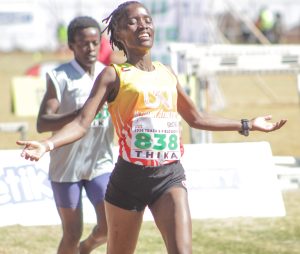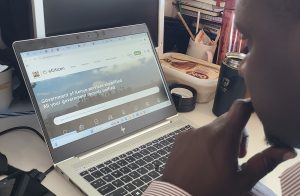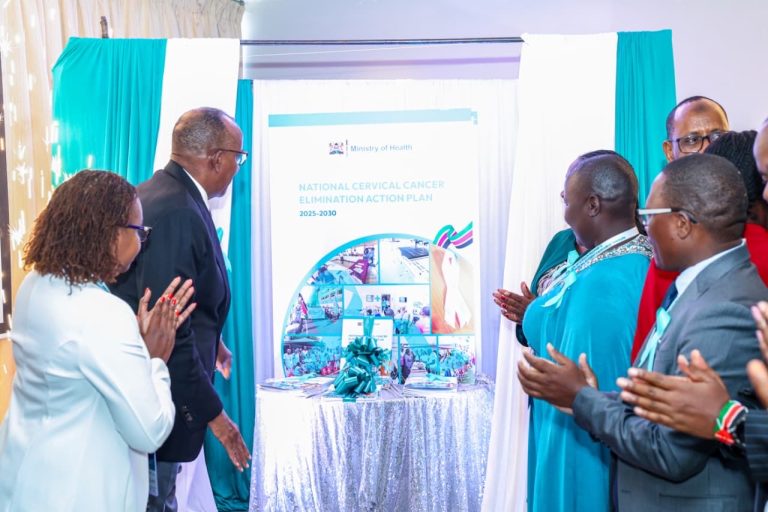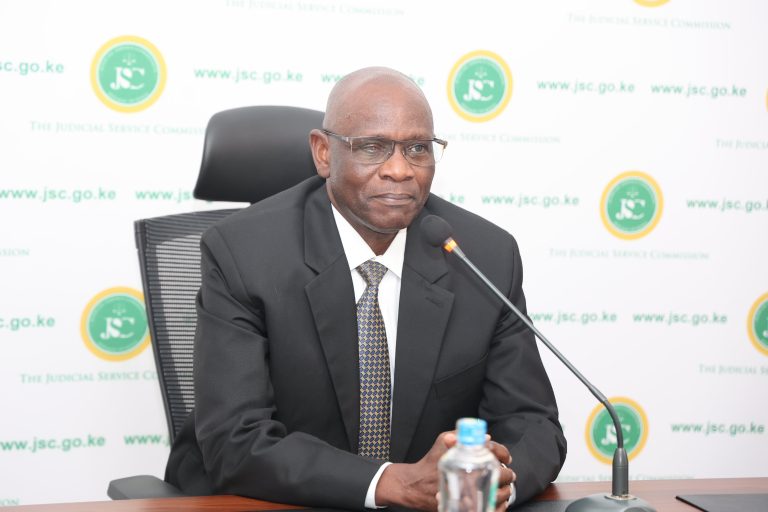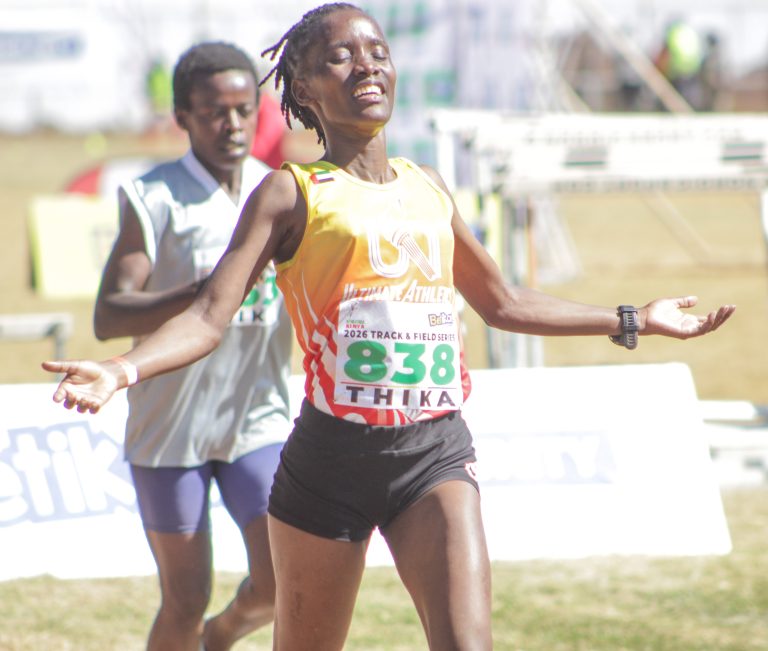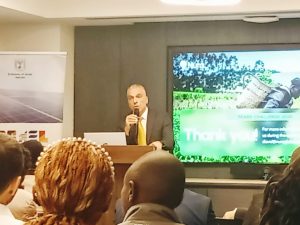In a community where conversations around menstrual hygiene are often considered taboo, the sight of men participating in a training session on the making of reusable pads in Kalacha town, Marsabit county, marked a quiet transformation.
It was more than a skills workshop; it symbolised a shift in mindset, where men began taking part in discussions long considered the preserve of women.
Their involvement challenged long-held cultural barriers and showed a growing sense of shared responsibility in protecting the health, dignity and future of young girls.
According to Mamo Guyo, the group’s chairman, the men whispered among themselves in low tones during the session, curious and amused as they tried to understand what the pads were and how they are used.
“They asked in the local dialect, what are these? How are they used? Have they been using this?” Guyo said.
“Most of them were excited to be part of this training because they had never participated in a project like this before.”
He noted that such initiatives are valuable because they not only introduce new skills but also strengthen community awareness around menstrual hygiene.
Kalacha subchief, Mamo Elema, who attended the two-day training, praised the initiative, which is being implemented by Pacida, a non-profit organisation, as an important step towards addressing menstrual health challenges in the region.
“It’s a step in the right direction that men were involved because it’s usually women who bear the burden of understanding what their daughters go through,” Elema said.
“Getting these products here is difficult considering how remote this place is. The knowledge they’ve gained will help them teach others in the community.”
He added that men’s participation was long overdue.
“Before, only girls and women attended this kind of training. It’s crucial for men to understand what their girls need beyond schoolbooks and uniforms,” he said.
High prices and limited supply of sanitary pads make them inaccessible for many families. Even those who can afford them often struggle to find them in shops, since they’re rarely stocked in large quantities due to low demand.
The long distance between Marsabit town and Kalacha also hinders access.
For Scholastica Halkano, a member of the Thathe Women Group in Maikona, the training opened her eyes.
“At first, it was quite difficult, but as the day progressed, it became easier. I’ve learned how to make reusable pads, how to use them and how to maintain hygiene. Before this, I didn’t even know they existed,” she said.
Halkano hopes to pass on the skills to other women and plans to produce extra pads for sale once she acquires the necessary materials.
Beatrice Tora, Pacida’s health and nutrition programmes officer said the training was designed to equip the groups with both entrepreneurial and practical skills.
“We aimed to build their capacity to make sanitary pads, reduce period poverty and improve health outcomes. Each group will receive start-up materials to continue production,” she said.
Trainer Bethsheba Otunga from Ahadi Pads emphasised that access to menstrual products impacts a girl’s education.
“An educated girl is of more benefit to her community than one who drops out because of her period. Giving girls access to pads allows them to menstruate with dignity and stay in school,” Otunga said.
The project, which is being supported by the German Humanitarian Assistance through Malteser International, had five groups from North Horr, Uran, Maikona, Kalacha and Turbi town, each with 20 members, participating.
As men and women sat side by side, stitching reusable pads and sharing laughter in equal measure, it became clear that change had taken root.
The initiative sends a powerful message that menstrual hygiene is not just a woman’s issue, but a community one.
by DENIS GATUMA



